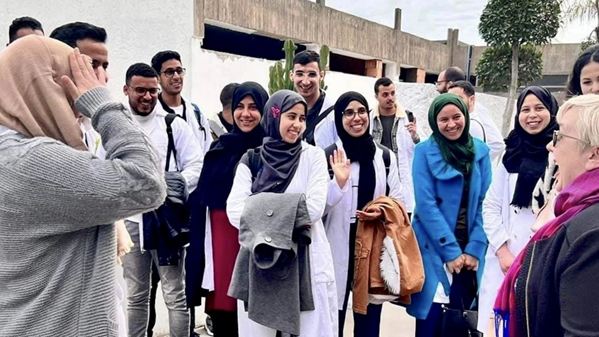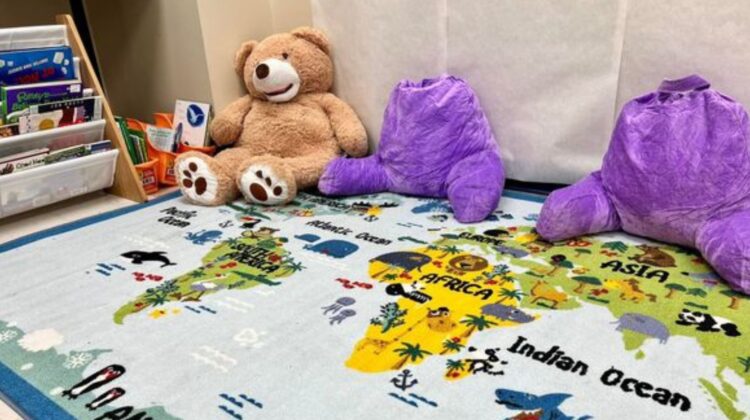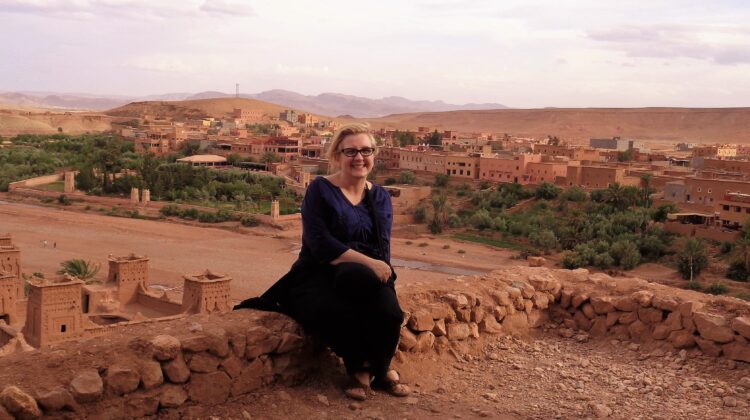The Stevens Initiative announced Missouri State University is one of 15 schools, higher education institutions and nonprofit organizations to receive funding to run virtual exchange programs that connect young people in the United States and the Middle East and North Africa (MENA) region.
Missouri State’s Global Teacher Education Exchange brings new and future K-12 educators from Libya, Morocco and the United States into a vibrant professional learning community where they engage in cross-cultural collaboration and prepare to teach for global understanding.
About MSU’s teacher exchange program
Global Teacher Education Exchange is implemented by Missouri State and is supported by the J. Christopher Stevens Virtual Exchange Initiative (JCSVEI). JCSVEI is a U.S. Department of State’s Bureau of Educational and Cultural Affairs program administered by the Aspen Institute.
Missouri State’s Global Teacher Education Exchange integrates virtual exchange into teacher preparation programs in Libya, Morocco and the United States. Through the exchange, new and future educators from a variety of backgrounds engage with each other on local and global issues in K-12 education.
With their cohorts from other countries, they learn to teach for global understanding, and they create and share educational resources about their countries and cultures. As a result, participants enter their careers with experiences in cross-cultural collaboration and with stronger pedagogical skills.
“It’s thrilling to watch future educators from different cultures learn with and from each other. It’s clear that they want to teach for global understanding, and we’re honored to be a part of their journey,” said Dr. Jennice McCafferty-Wright, Global Teacher Education Exchange coordinator and education professor at MSU.
McCafferty-Wright and Dr. Minor Baker, the exchange’s project director and education professor at MSU, will soon travel to North Africa to begin working with Moroccan teacher trainers.
About Stevens Initiative
The Stevens Initiative is an international leader in virtual exchange, which brings young people from diverse places together to collaborate and connect through everyday technology. Created in 2015 as a lasting tribute to Ambassador J. Christopher Stevens, the Initiative invests in virtual exchange programs, shares research, resources and promising practices to improve impact and advocates for broader adoption. 




